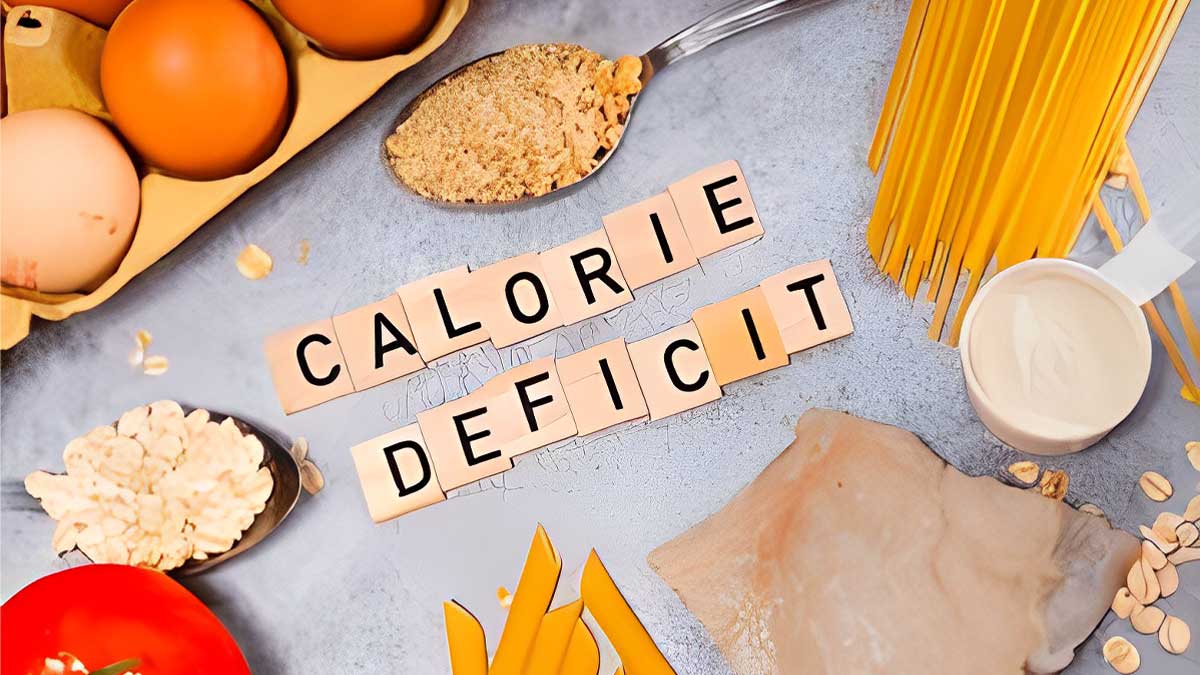
The first thing that people who aim to lose weight do is cut down on calories. The calorie-deficit diet has become popular as a go-to method for many people who want to lose weight and transform their bodies. The basic tenet of this strategy is to consume fewer calories than the body uses, resulting in a calorie deficit that causes weight loss. However, anyone looking for long-term, healthy weight management must understand the nuances of this diet and how it affects the body. We spoke to our expert Apurva Agarwal, Nutritionist, who shared insights on the same.
Table of Content:-
Calorie-Deficit Diet

Energy is something that the human body needs to operate correctly, and it comes from the food we eat. Calories are used to measure this energy. “A calorie deficit is produced when your body regularly consumes fewer calories than it burns through physical activity and Basal Metabolic Rate (BMR)”, informed Agarwal. BMR is the amount of energy used while at rest to sustain essential physiological processes like breathing and cell division.
Calculating Calorie Needs

Setting up a calorie deficit requires knowing how many calories you need each day. This depends on several variables, such as activity level, age, gender, weight, and height. You may calculate how many calories you need to maintain your current weight by using applications and online calculators.
Agarwal said, “You usually deduct 500–1000 calories from this maintenance level to lose weight, to lose 1–2 pounds each week sustainably and gradually.”
The American Heart Association advises dividing up daily caloric consumption into smaller segments, taking a larger portion of total calories early in the day, and keeping regular overnight fasts.
Also Read: Dangers Of Diet Culture: Expert Explains Its Detrimental Impact On Your Body
Balanced Nutrition
Although a calorie deficit is essential, the type of calories consumed also matters. You'll get the vital nutrients you need for general health if your diet is well-balanced. Hence, you should give priority to whole foods, such as fruits, vegetables, whole grains, lean meats, and healthy fats. This method offers prolonged energy and aids in maintaining muscular mass.
Meal Preparation and Portion Management

Did you know organising your meals will help you remain within your daily caloric restrictions? This is because making meals ahead of time enables you to choose better options and steer clear of calorie-dense and impulsive choices.
It's also essential to practise portion control. Overeating can be avoided by using smaller dishes, weighing meals, and paying attention to serving sizes.
Impact of Calorie-Deficit Diet On The Body
Agarwal listed the impact of a calorie-deficit diet on your body as follows:
Weight Loss
To lose weight is the main objective of a calorie-deficit diet. People lose total body weight as their bodies consume their stored fat as energy.

Metabolic Changes
Long-term calorie restriction may cause metabolic changes, such as a drop in BMR to save energy. Comprehending these modifications is essential for sustained achievement.
Also Read: Metabolism And Ageing: Expert Explains Changes In Metabolism As You Age
Maintaining Lean Muscle Mass
More desirable body composition can be achieved by minimising muscle loss during weight loss with the aid of resistance exercise and adequate protein intake.
Energy Attributes
The body may temporarily lose energy in certain people as a result of consuming fewer calories. Eating enough nutrients and drinking enough water will help you manage this.
Better Metabolic Health
Losing weight can help with improved metabolic health, which includes increased insulin sensitivity. This is especially true when weight loss is accompanied by a balanced diet and frequent exercise.
Decreased Risk Of Chronic Illnesses
Retaining a healthy weight is linked to a decreased risk of long-term conditions like diabetes, heart disease, and some types of cancer.
[Disclaimer: The information in this article is shared by a registered expert and is for informational purposes only. Hence, we advise you to consult your expert for a dietary plan tailored to your needs and body type.]
Also watch this video
How we keep this article up to date:
We work with experts and keep a close eye on the latest in health and wellness. Whenever there is a new research or helpful information, we update our articles with accurate and useful advice.
Current Version